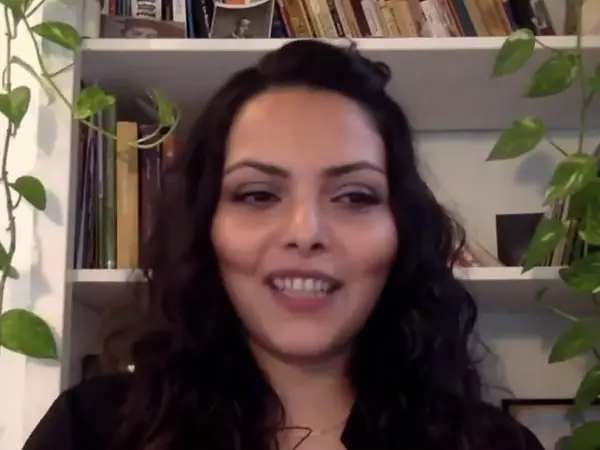Over 300 Iranian film industry women, including superstars, movie directors, and others have protested to sexual abuse, harassment, bullying and inequality.
Niki Karimi, Hedieh Tehrani, Sahar Dolatshahi and Taraneh Alidousti are among the Iranian superstars who have signed the statement.
While male artists and most film industry personalities such as male producers as well as most state officials have ignored the protest so far, the Iranian Judiciary's deputy for human rights, Kazem Gharibabadi, and former Deputy Interior Minister Mostafa Tajzadeh have expressed their support for female artists. Gharibabadi said the judiciary is prepared to take action if the artists file complaints against the aggressors, and Tajzadeh said that "all freedom-loving and responsible citizens should defend the rights of film industry women."
Nima Hasani Nasab, the editor of the Cinema Daily, posted the pictures of a number of female Iranian filmmakers and movie actresses on his Instagram page on March 31 along with the text of a statement issued by more than 150 women involved in the industry against violence and sexual harassment. The number of signatories reached 300 by April 2.
The artists said in their statement, "We have a right to have a safe working environment free from sexual blackmailing,” and called on the Cinema House, which operates as a trade union for film industry workers, to "set up a committee with mainly female members to investigate the cases of sexual abuse, violence and harassment against women in the film industry."
The statement was issued after a well-known female assistant director, who is among the signatories of the statement disclosed that an Iranian actor had bullied and harassed her and attempted molestation and exhibitionism behind the scenes of an Iranian movie. She repeated the accusation in conversations with foreign-based Persian media.
Iranian actress Shaghayegh Nowrouzi, told Iran International TV in an interview it was important that "female artists have stressed the women's movement in their statement and the mechanism they have provided to voice their protest against sexual violence." She said "women artists explained the problem in plain terms so that it could be understood by the public. They had also explained why the problem was important and finally they issued a warning to Iranian society about the spread of such violence in a systematic form."
Nowrouzi praised her colleagues for putting forward a practical solution in the form of suggesting setting up a professional investigation committee at their trade union.
Meanwhile, women's right lawyer Pegah Banihashemi told Iran International television in another interview: "The social movement Me Too, paves the way for taking cases of sexual abuse at workplace to the courts. The movement provides documentation for taking the problem to a judicial level for investigation." She added that the process of collective witnessing that is inherent in the Me Too movement can help the judicial investigation particularly when time has passed since the sexual violence took place.
The Iranian Me Too movement during the past two years was limited to a few revelations made about a few cases of sexual abuse and rape and at least one of them was investigated in courts in Tehran, but other cases have been largely ignored. Two years after its launch, the Instagram account of the Iranian "Me Too" movement, @me_too_movement_iran, got its first recognition on March 28 from a vocational association, the Trade Union of Production Designers and Assistant Directors of the Iranian cinema.
While the account's posts and disclosures generated very few comments, a disclosure in a March 25 post about several cases of harassment and sexual abuse during the past few years received widespread comments, endorsements, and "likes" by Iranian artists and fans.
The post about the recognition of the movement and its Instagram account on March 28 was liked by 4,779 users in less than three days. Meanwhile, the number of the account's followers jumped from 29,000 on March 25 to more than 42,000 on March 28, which means the latest revelation by the well-known female assistant director has received social attention.
Nonetheless, as women's rights activist Mahdiyeh Golrou told the Iran International Television, "the efforts are unlikely to leave the right impact as long as Iran lacks punitive and preventative laws to restore justice regarding sexual predators and there are no NGOs to lend their support to women who are subjected to sexual violence and harassment."
